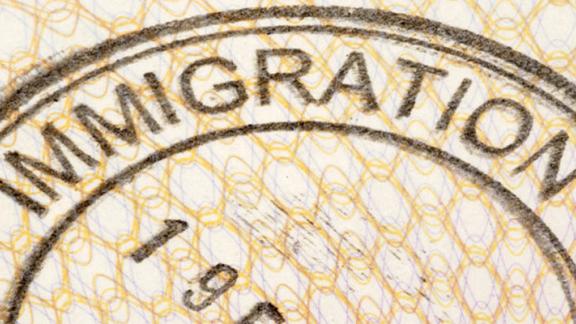Visa types available to work in the UK

There are a number of different visa routes available that allow individuals to travel to the UK to work in an unsponsored role.
Please note, there are separate web pages for the sponsored routes of Skilled Worker visa and the Health and Care visa, that cover details such as applicable job roles and minimum salary thresholds.
Below are some of the routes used to give people a generic right to work in the UK (other routes such as family visas and dependants are also available):
- Youth Mobility Scheme visa.
- Student visa.
- Graduate visa.
- British National (Overseas (BNO)) visa.
- Global Talent visa.
- Youth Mobility Scheme visa.
- Temporary Worker route.
Immigration Health Surcharge
Please note, each of these visas require the Immigration Health Surcharge to be paid per person per year, unless they take up a role in public sector healthcare where they will be eligible for a refund. The current cost is £1,035 per person.
Refugees
Refugees can work in the UK without any restrictions. Most refugees were working before arriving in the UK and have a background in many different roles. Many refugees want to find work in the UK and to make a contribution.
International recruitment and retention toolkit
The international recruitment toolkit also hosts a wide range of information on recruiting from overseas with top tips and good practice examples. The toolkit is updated quarterly to keep in line with any developments in the international recruitment space.
The international retention toolkit includes useful information on retaining overseas staff. This includes good practice examples, steps on how to make overseas recruits feel welcome and supporting their professional growth.
Right to work
The visa routes outlined below all come with a right to work and therefore are subject to right to work checks. An online checking portal is available for holders of certain types of right to work, such as biometric residence permits (BRPs). Evisas will be rolled out over 2024 and replace BRPs.



